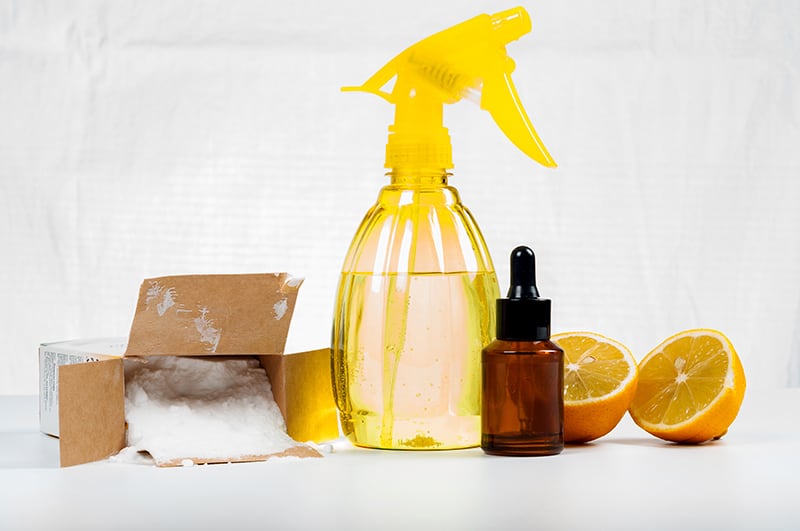The National Pesticide Information Center says that it is more important to consider the toxicity of a substance than it is to consider whether or not it is organic. A number of chemical pest control agents are minimally toxic to humans and disperse quickly to prevent dangerous exposure.
Some organic pesticides carry risks. For instance, plant oils used in some organic pesticides irritate eyes and other mucus membranes. A number of people may find that they are allergic to these ingredients.
Organic pesticides sometimes contain metallic substances like sulfur and zinc. These can contaminate surface water and damage equipment when not used properly.
In some cases, the question becomes, “safer for whom?” Pyrethrins are extracted from chrysanthemums, with only a small level of toxicity to humans. However, they kill both beneficial and harmful insects alike. Also toxic to fish and amphibians, pyrethrum-based pesticides should not be used in areas where they may wind up in waterways or storm drains. Vinegar, while harmless to most humans, can affect many different kinds of plants if used as a herbicide. While pre-emergent chemical herbicides affect only a blossoming plant and soon dissipate, substances like salt can stay in soil for extended periods of time and inhibit growth of both desirable and undesirable plants alike.
Research into organic pest control continues to develop just as conventional pest control research does. Certain once-popular organic options have been discontinued because of newly understood dangers. While tobacco was once widely used to inhibit garden insects, even tobacco dust is now forbidden in organic agriculture because of toxicity. Arsenic and strychnine were also used in the past but are no longer recommended for organic pest control.
Many consumers look to organic pest control out of concern for declining bee populations. Just because a product is organic, however, doesn’t mean that it’s safe for bees. The following organic pest control agents have been shown to be unsafe for bees:




